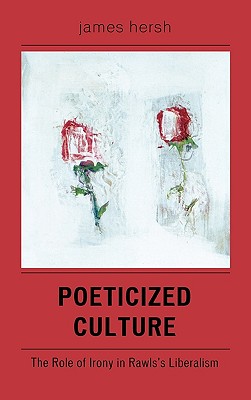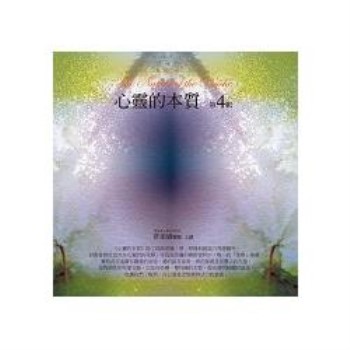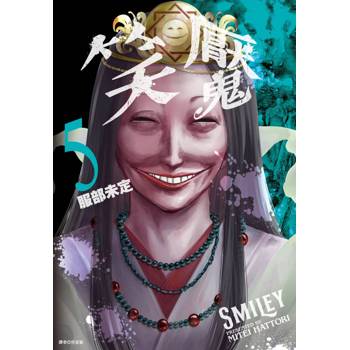In Poeticized Culture, James Hersh shows the John Rawls’ framework of liberal public reason (Political Liberalism, 1993), within which he proposes his scheme of justice as fairness, includes an unacknowledged call for a Richard Rortian ’poeticized culture.’ Hersh argues that, despite Rawls’s intentions, his framework within which he proposes justice as fairness demands a Rortian ironic perspective and does not allow for citizens to hold absolute or literal religious beliefs.
| FindBook |
有 1 項符合
Poeticized Culture: The Role of Irony in Rawls’s Liberalism的圖書 |
 |
Poeticized Culture: The Role of Irony in Rawls’s Liberalism 作者:Hersh 出版社:University Press of America 出版日期:2005-10-14 語言:英文 規格:精裝 / 220頁 / 22.9 x 15.2 x 1.5 cm / 普通級 |
| 圖書館借閱 |
| 國家圖書館 | 全國圖書書目資訊網 | 國立公共資訊圖書館 | 電子書服務平台 | MetaCat 跨館整合查詢 |
| 臺北市立圖書館 | 新北市立圖書館 | 基隆市公共圖書館 | 桃園市立圖書館 | 新竹縣公共圖書館 |
| 苗栗縣立圖書館 | 臺中市立圖書館 | 彰化縣公共圖書館 | 南投縣文化局 | 雲林縣公共圖書館 |
| 嘉義縣圖書館 | 臺南市立圖書館 | 高雄市立圖書館 | 屏東縣公共圖書館 | 宜蘭縣公共圖書館 |
| 花蓮縣文化局 | 臺東縣文化處 |
|
|
圖書介紹 - 資料來源:博客來 評分:
圖書名稱:Poeticized Culture: The Role of Irony in Rawls’s Liberalism
|











